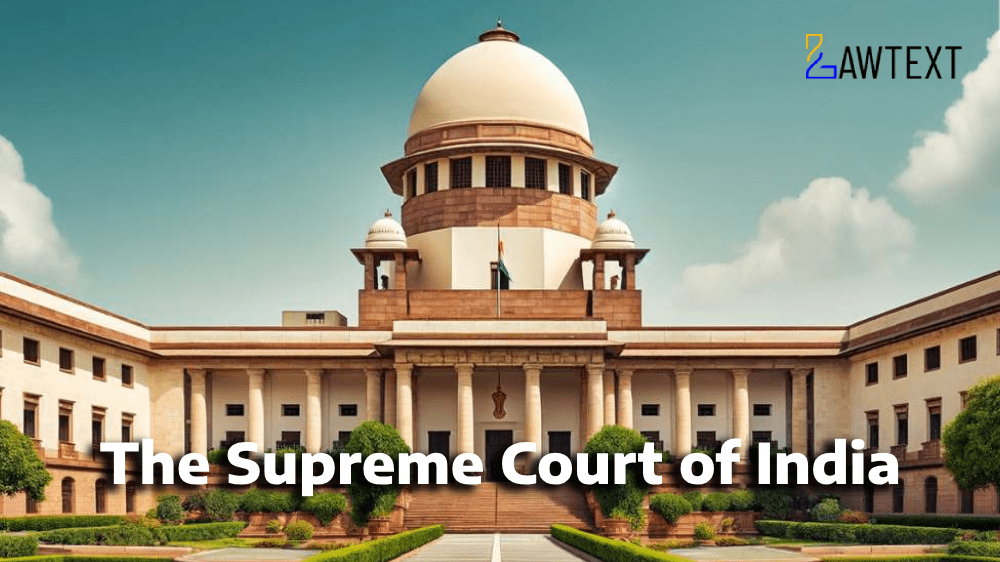CASE NOTE & SUMMARY
The appeal involved the appellant, Tinku, seeking compassionate appointment in the Haryana Police, following his father’s death in the line of duty. Initially denied based on a delay and policy changes, the Court upheld this denial but provided Tinku's mother with an option for ex-gratia relief due to administrative delays and lack of timely communication.
1. Background of the Case
- Tinku, son of late Jai Prakash (deceased constable), sought compassionate appointment based on a policy in effect when his father died in 1997. Due to his young age at the time, his request was delayed, and his name was recorded in the Minor’s Register, allowing future eligibility.
2. Delay in Application and Policy Change
- Tinku’s application was considered in 2008 upon reaching adulthood, only to be denied under a new 1999 policy limiting eligibility for minors to apply within three years of the employee’s death. By 2006, the Haryana Compassionate Assistance Rules had replaced job offers with financial compensation.
3. Rejection by High Court and Supreme Court Appeal
- Tinku’s writ and intra-court appeals were denied by the High Court, emphasizing no vested right to employment after significant time had passed. The appeal reached the Supreme Court, challenging the fairness of denying Tinku’s application due to policy changes and delay in communication.
4. Supreme Court’s Findings on Compassionate Employment
- The Court ruled that compassionate appointments are not an entitlement but an exception aimed at immediate family relief. It referenced prior cases emphasizing that such appointments must strictly follow policy timelines and cannot be demanded as a right (e.g., Umesh Kumar Nagpal v. State of Haryana).
5. Court’s Directive for Ex-Gratia Relief
- Recognizing administrative oversights, the Court permitted Tinku’s mother to apply for ex-gratia compensation, allowing a single opportunity due to delayed communication on policy options. The decision mandated swift resolution and provided for interest if not timely processed.
Acts and Sections Discussed:
- Haryana Compassionate Assistance to Dependents of Deceased Government Employees Rules, 2006
- Government Instructions dated 22.03.1999 – Establishing timelines for eligibility in compassionate appointments.
- Article 14 of the Constitution of India – Right to equality; the judgment reiterated that Article 14 cannot be invoked to perpetuate illegality or demand equality in irregular benefits.
Ratio Decidendi:
The Court emphasized that compassionate appointments are not vested rights but discretionary aids for families in distress. Timely application in line with prevailing policy is critical, and policies aimed at immediate financial support cannot retrospectively be claimed after long delays. Furthermore, courts will not enforce the repetition of administrative errors to uphold equality principles.
Subjects:
Compassionate Appointment, Ex-Gratia Compensation
Compassionate Employment, Ex-Gratia Relief, Government Employment Policy, Right to Equality, Administrative Delay
Citation: 2024 LawText (SC) (11) 130
Case Number: CIVIL APPEAL No. 8540 OF 2024
Date of Decision: 2024-11-13
Case Title: TINKU VERSUS STATE OF HARYANA & ORS.
Before Judge: (ABHAY S. OKA J. , AHSANUDDIN AMANULLAH J. , AUGUSTINE GEORGE MASIH J.)
Appellant: TINKU
Respondent: STATE OF HARYANA & ORS.

